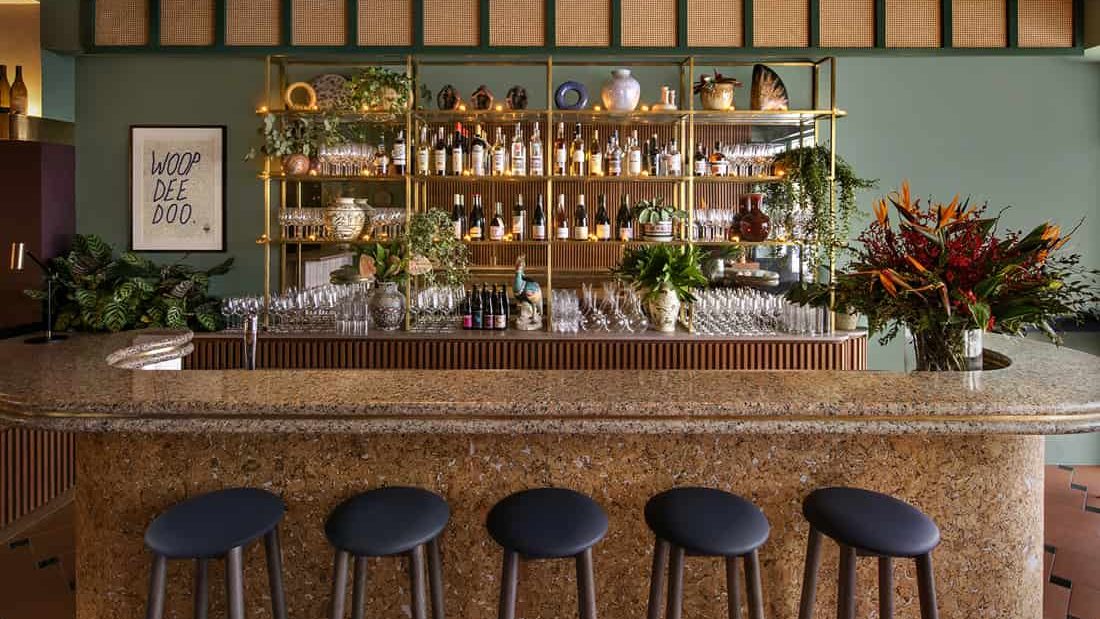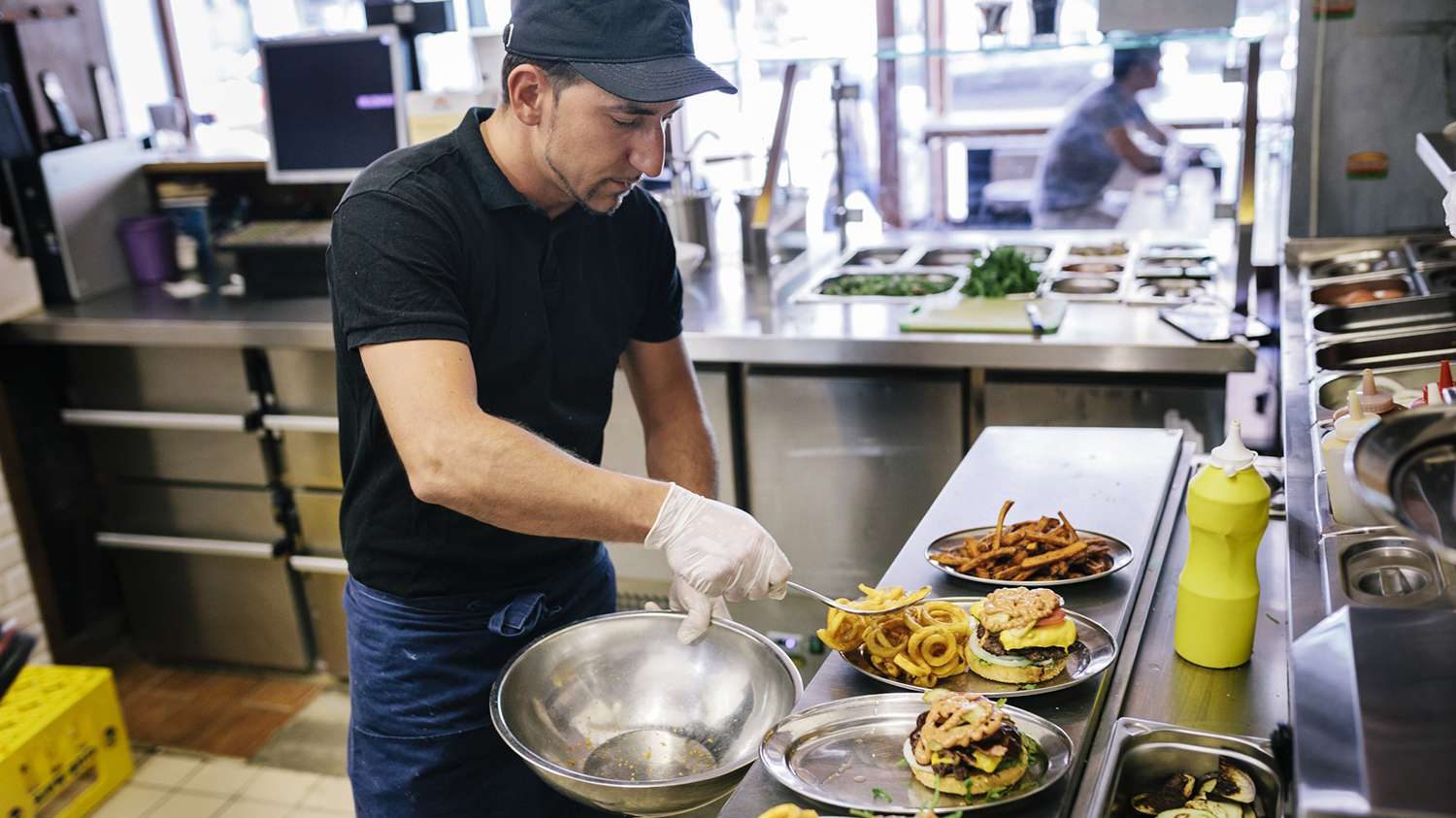Your favorite restaurant is not what it once was. Staff shortages continue, food prices skyrocket, and consumer reaction can be unpredictable. With so many food service personnel under greater stress than ever before, those of us on the other side of the serving platter may benefit from a refresher on the fundamental manners and common sense that make their lives a little easier.

As much as we need restaurants, our conduct is making it increasingly difficult for people to find rewarding professions in the food service industry. “This is one of the hardest businesses to work in, filled with thankless days and bone-crushing hours, but vitally important for neighborhoods, community, and joy,” said Chef Rossi, an author, executive chef, and proprietor of The Raging Skillet in New York. “When restaurants closed during the pandemic, many forgot how lonely and unhappy they felt. Be appreciative and kind, for crying out loud, and treat people as you would like to be treated.”
Here are 5 secrets restaurant workers wish you knew:
1. Remember Your Reservation
Unless you’ve worked at a busy restaurant’s host stand, you probably have no clue how many requests, adjustments, and client mishaps someone in this capacity deals with on a daily basis. So, when making a reservation, be specific about what you want and include your own remarks as confirmation.

Of course, changes happen, but your attitude makes a difference. Keep in mind that the people who are serving you are also people, so be kind to them. Add your reservation to your calendar app as soon as you book it. This way, it will automatically remind you on the day of. Most apps allow setting up recurring events, so if it’s a regular reservation, you can set it up once and forget about it.
2. Don’t Claim An Allergy Just Because You Don’t Like An Ingredient.
Claiming a food allergy when you simply dislike an ingredient is not only unfair to restaurant staff but also potentially dangerous for those with genuine allergies. Taking allergies seriously requires extra steps and precautions to avoid cross-contamination, adding pressure to the kitchen and affecting other diners’ orders. Time and ingredients dedicated to accommodating false allergies could be used to serve legitimate needs. Misusing the “Allergy” label diminishes the seriousness of genuine allergies and makes staff less likely to take future claims seriously.

Remember, honesty and communication are key to a pleasant dining experience for everyone. By avoiding false allergy claims, you can contribute to a safer and more respectful environment for all restaurant patrons.
If you have strong aversions to certain ingredients, consider informing the server when making the reservation, allowing them to prepare.

If you have strong aversions to certain ingredients, consider informing the server when making the reservation, allowing them to prepare. Appreciate the effort staff put into accommodating dietary needs, regardless of the reason. Spread awareness about the importance of respecting genuine allergies.
3. If You Can Afford to Dine Out, Then You Can Afford to Tip.
In many countries, particularly the US, server wages are often below minimum wage, with tips constituting a significant portion of their earnings. Not tipping can significantly impact their livelihood. A fair tip acknowledges and appreciates attentive, friendly, and efficient service. It incentivizes servers to provide excellent customer care. Tipping is deeply ingrained in certain cultures and considered rude or inconsiderate to withhold, even if dissatisfied with the service.

15-20% is a common guideline for good service, but adjust it upwards for exceptional service or downwards if disappointed. Some restaurants include gratuities in the bill, while others have no expectations. Be informed to avoid surprises. Support initiatives promoting higher base wages for servers to lessen dependence on tips and create a more equitable system.
4. Do Not Use a Loud Voice or Snap Your Fingers to Catch Your Server’s Attention.
Imagine yourself unwinding over a delicious meal, savoring the atmosphere, and enjoying pleasant conversation. Suddenly, a sharp snap pierces the air, followed by a booming voice demanding attention. The mood shatters, replaced by awkwardness and a touch of hostility. This, unfortunately, is the scene some servers encounter when a customer resorts to snapping fingers or raising their voice to get their attention.

While frustration and impatience are understandable, employing these tactics in a restaurant setting is far from ideal. Firstly, it instantly disrupts the ambiance, disrespects fellow diners, and puts your server under unnecessary pressure. It’s akin to shouting through a crowded library – not only ineffective but also inconsiderate to everyone around.
Secondly, snapping and yelling undermine the server’s professionalism. Servers juggle multiple tables, navigate complex orders, and strive to ensure everyone has a smooth experience. Treating them like servants with a flick of the wrist or a barked command demeans their effort and dedication.

So, how do we ensure our needs are met without resorting to these jarring methods? Simple – utilize the power of polite communication. A friendly wave, a raised hand, or even a simple “Excuse me” will do wonders. Servers are constantly scanning the room, and a courteous signal will catch their attention in a much more respectful and effective way. Remember, a smile can go a long way in fostering a positive and enjoyable dining experience for everyone.
5. Use Grace While Sharing Your Experience on Social Media.
Sharing your restaurant experiences on social media can be a fun way to connect with others and document your delicious adventures. However, it’s crucial to approach these posts with grace and consideration.

Here’s how to ensure your online reviews add to, rather than detract from, a restaurant’s reputation:
- Highlight what you enjoyed! Did the food impress you? Was the service attentive and friendly? Was the atmosphere warm and inviting? Share these aspects first and foremost, giving the restaurant genuine praise.
- If you have minor suggestions for improvement, frame them constructively. Instead of stating “The music was too loud,” try “The lively music added to the atmosphere, but it was a bit difficult to hold a conversation at our table.”
- If you encountered a major issue, consider reaching out directly to the restaurant before posting publicly. A private message or phone call allows them to address the problem and hopefully turn your experience into a positive one.
- Remember, behind every restaurant are real people working hard to deliver a good experience. Be respectful and understanding, even if things don’t go exactly as planned.

By practicing these tips, you can make your restaurant-related social media posts a force for good. Sharing your experiences with grace and respect fosters a positive online community and allows restaurants to learn and improve, ultimately leading to even more delicious dining adventures for everyone!






GIPHY App Key not set. Please check settings